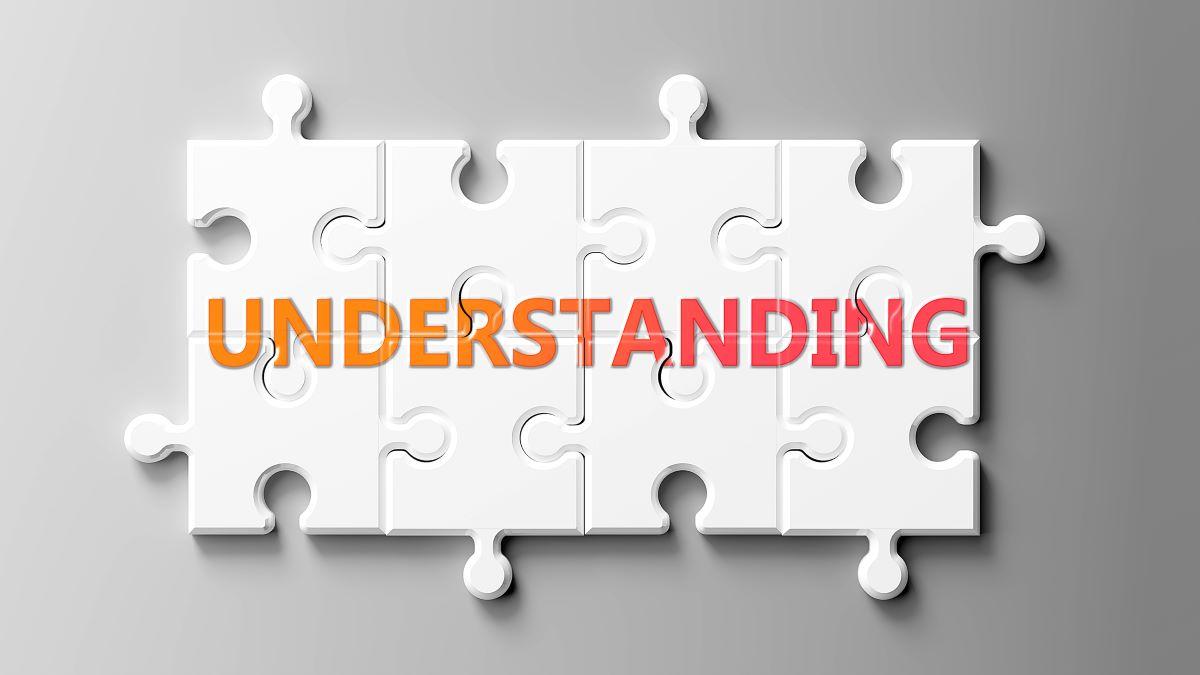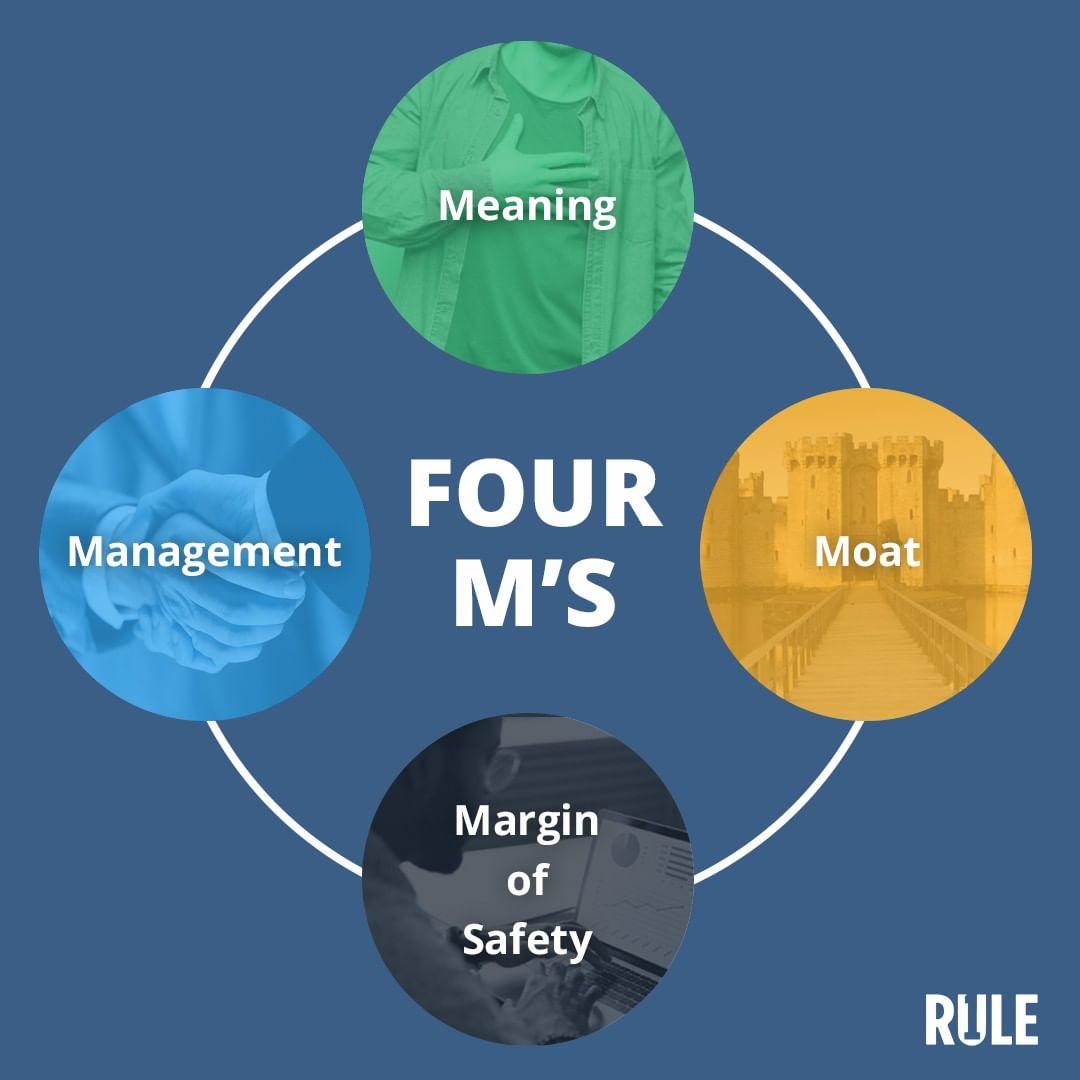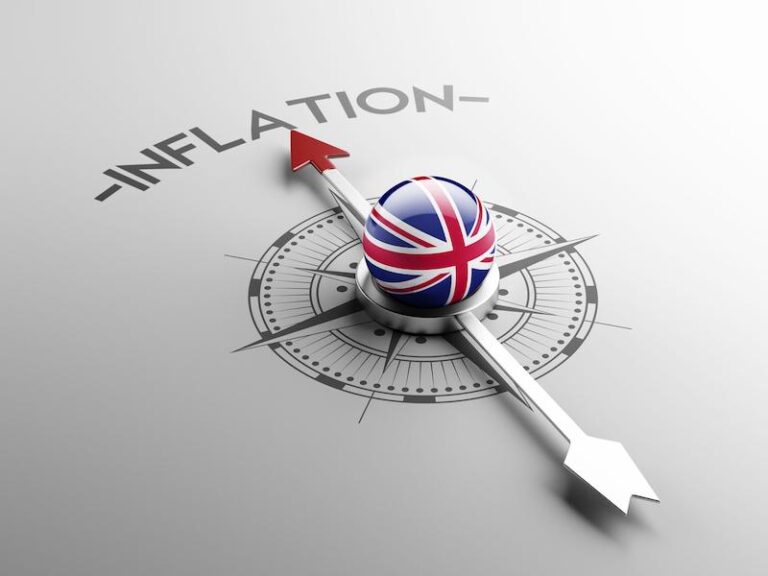In a world where the cost of everything from a morning coffee to a monthly mortgage seems to be on a relentless ascent, navigating the turbulent waters of inflation can feel like a daunting voyage. But just as seasoned sailors rely on their maps and compasses, savvy individuals can steer through these economic challenges with a well-crafted budget in hand. As prices rise and wallets tighten, it’s more important than ever to employ strategic budgeting to not only survive but thrive. In this article, we’ll explore practical and smart budgeting strategies designed to help you manage your finances in the face of inflation, empowering you to maintain stability and security in an unpredictable financial landscape. So, whether you’re a financial novice setting sail for the first time or a seasoned budgeter seeking new insights, read on to discover how to keep your financial ship steady amidst the rising economic tides.
Understanding the Impact of Inflation on Everyday Expenses
Inflation can make everyday expenses go up, making it harder to stick to your budget. Food, gas, and housing are often the first areas where we notice cost increases. A loaf of bread that used to cost $1.50 might now cost $2.00. This might not sound like a lot, but small increases add up over time. Here are some common expenses that can be affected by inflation:
- Groceries: Higher prices on basic items like milk, bread, and vegetables.
- Utilities: Increased costs for electricity and gas.
- Transportation: Rising fuel prices and public transport fares.
- Healthcare: More expensive medication and medical services.
Here’s a quick look at how prices can change over time:
| Item | Cost Last Year | Cost This Year |
|---|---|---|
| Gallon of Milk | $3.50 | $4.00 |
| Dozen Eggs | $1.50 | $1.80 |
| Bus Fare | $2.00 | $2.25 |
Understanding how these price changes affect your wallet helps you rethink your spending. Knowing which areas are hit the hardest by inflation enables you to adjust and prioritize your budget more efficiently.

Optimizing Your Budget: Effective Ways to Trim Non-Essential Costs
When it comes to managing your budget, one of the best ways to make a difference is by identifying and cutting non-essential costs. Start by taking a close look at your monthly expenses and make a list of items that are not a necessity. Here are some categories that frequently have room for adjustment:
- Subscription Services: Review all your subscriptions – from streaming services to gym memberships. Cancel any you don’t use regularly.
- Dining Out: Reduce the number of times you eat out each week. Cooking at home can save a significant amount of money.
- Impulse Buys: Avoid spontaneous purchases by making a shopping list and sticking to it. This can help you steer clear of unnecessary items.
Another effective strategy is to compare prices and look for alternatives. For instance, opt for generic brands instead of name brands. Below is a simple table showing potential savings with this approach:
| Item | Brand Price | Generic Price | Potential Savings |
|---|---|---|---|
| Cereal | $4.50 | $3.00 | $1.50 |
| Cleaning Supplies | $5.00 | $3.50 | $1.50 |
| Over-the-counter medications | $10.00 | $7.00 | $3.00 |
By focusing on these areas, you can quickly see how small adjustments add up to significant savings over time.

Strategic Grocery Shopping: Maximizing Value and Reducing Waste
A well-thought-out plan can help you get the most bang for your buck at the grocery store. Start with a list and stick to it, avoiding impulse buys that can drive up costs. Next, take advantage of sales and seasonal produce, which are often cheaper and fresher. Before heading out, check your pantry and fridge to avoid buying items you already have. Using apps or loyalty programs can offer additional savings and discounts.
Reducing waste is not only good for your wallet but also for the environment. Plan your meals for the week around what you already have and what’s on sale. Store perishables properly to keep them fresh longer and learn to love your leftovers by repurposing them into new meals. Consider freezing items that might go bad before you can use them. Here’s a quick guide for storing common items:
| Item | Storage Tips |
| Bread | Store in a cool, dry place; freeze extras |
| Vegetables | Keep in the crisper drawer; use within a week |
| Meat | Freeze if not using within 2 days; thaw safely |

Smart Investments: Protecting Your Savings from Inflation
When prices start going up, it’s important to find ways to keep your money’s value intact. One way to do this is by making smart investments that are not only safe but can also grow despite inflation. Consider these investment options:
- Real Estate: Property values generally increase over time, often outpacing inflation.
- Treasury Inflation-Protected Securities (TIPS): These are government bonds that adjust with inflation.
- Stocks: Certain stocks, particularly those of companies with strong pricing power, can perform well during inflationary periods.
Another strategy is diversifying your investment portfolio. This means spreading your money across different types of investments to reduce risk. Here’s a simple diversification plan:
| Investment Type | Suggested Percentage |
|---|---|
| Stocks | 40% |
| Bonds | 30% |
| Real Estate | 20% |
| Commodities | 10% |
Q&A
Q&A:
Q1: What exactly is inflation, and why should I be concerned about it?
A1: Inflation is the rate at which the general level of prices for goods and services rises, eroding purchasing power. Simply put, it means that over time, your money buys less. You should be concerned because as prices rise, without a corresponding increase in income, you might find it harder to maintain your current lifestyle.
Q2: How does inflation impact my everyday finances?
A2: Inflation impacts everything from the cost of groceries to fuel, utilities, and even your morning coffee. It affects your financial planning by increasing the costs of necessities, reducing disposable income, and potentially requiring adjustments to your budget to maintain financial stability.
Q3: What are some smart budgeting strategies to tackle inflation?
A3: To tackle inflation:
-
Prioritize Needs Over Wants: Focus on essential expenses like food, housing, and transportation. Cut down on discretionary spending.
-
Review and Adjust Your Budget Regularly: Prices fluctuate, so monitor your spending and adjust your budget to reflect changes. Use budgeting tools or apps to track expenses.
-
Bulk Buying: Purchasing non-perishable items in bulk can save money in the long run. Look for sales and stock up on essentials when prices are lower.
-
Reduce Debt: Pay off high-interest debts to free up more of your income for necessary expenses. Consider consolidating debts to lower interest rates.
-
Invest Wisely: Inflation erodes savings, so invest in assets that traditionally outperform inflation like stocks, real estate, or inflation-protected securities.
Q4: Are there specific areas where I can cut costs without drastically changing my lifestyle?
A4: Yes! Small tweaks can make a big difference. Consider:
-
Energy Efficiency: Lowering utility costs by using energy-efficient appliances and reducing energy consumption.
-
Meal Planning: Planning meals can reduce food waste and unnecessary grocery spending. Also, try cooking at home more often than dining out.
-
Subscription Services: Review and cancel any unused or rarely used subscriptions. Opt for bundled services when possible.
-
Transportation: Use public transport, carpool, or consider biking or walking. Maintaining your vehicle regularly can also prevent costly repairs.
Q5: How can I build an emergency fund to buffer against rising prices?
A5: Start by setting a realistic savings goal based on your current income and expenses. Here’s how:
-
Automate Savings: Set up an automatic transfer to your savings account each payday. Treat it as a non-negotiable expense.
-
Cut Back Gradually: If saving a large amount seems daunting, start small. Redirect the money saved from cutting costs into your emergency fund.
-
Earn Extra Income: Consider side gigs or freelance work to boost your savings.
-
Financial Windfalls: Use tax refunds, bonuses, or gifts to top up your emergency fund rather than splurging.
Q6: Are there any government or community resources to help manage finances during inflation?
A6: Absolutely. Many government programs and community resources can provide assistance:
-
Government Assistance Programs: Look into food assistance programs like SNAP, housing subsidies, or healthcare assistance.
-
Community Support: Local non-profits and charities often offer financial literacy programs, budgeting workshops, and emergency assistance funds.
-
Financial Counseling Services: Consider free or low-cost services from non-profit credit counseling agencies which can help you create a budget and manage debt.
Q7: How should I adapt my long-term financial goals in response to inflation?
A7: Reassessing your long-term goals is crucial. Here’s what you can do:
-
Revise Your Savings Goals: Factor in higher future costs when setting savings targets for education, retirement, or major purchases.
-
Diversify Investments: Protect against inflation by diversifying your investment portfolio. Include assets that historically perform well during inflationary periods.
-
Continue Education: Increase your earning potential by investing in skills and education, which can pave the way to better job opportunities and higher incomes.
Q8: Is there a silver lining to inflation? Are there potential benefits to consider?
A8: While inflation generally poses challenges, there can be a few benefits:
-
Debt Reduction: If you have fixed-rate debt, inflation can effectively reduce the debt’s real value over time as the currency depreciates.
-
Wage Growth: Sometimes inflation leads to higher wages, especially if labor markets are tight.
-
Investment Opportunities: Inflation can create investment opportunities, particularly in sectors that traditionally outperform during inflationary periods like commodities and real estate.
By staying informed and proactive, inflation doesn’t have to derail your financial plans. Smart budgeting and strategic adjustments can help you maintain financial health even as prices rise.
Closing Remarks
As the tide of inflation continues to roll in, the art of navigating its currents becomes ever more crucial. Armed with smart budgeting strategies, we can anchor our financial stability amidst rising prices. By assessing our spending habits, prioritizing essential expenses, and crafting a budget that adapts to these fluid times, we fortify our fiscal resilience. Remember, inflation may alter the landscape, but with a steady hand on the wheel, we can steer through these turbulent waters with confidence. So, embark on this journey with clarity and commitment, knowing that financial equilibrium is within your reach. As we close this chapter, let these insights be your compass, guiding you through the ebb and flow of economic change.



[…] Indeed. Many organizations offer support during tough times, from financial counseling services to mental health hotlines. Websites like MentalHealth.gov and the National […]